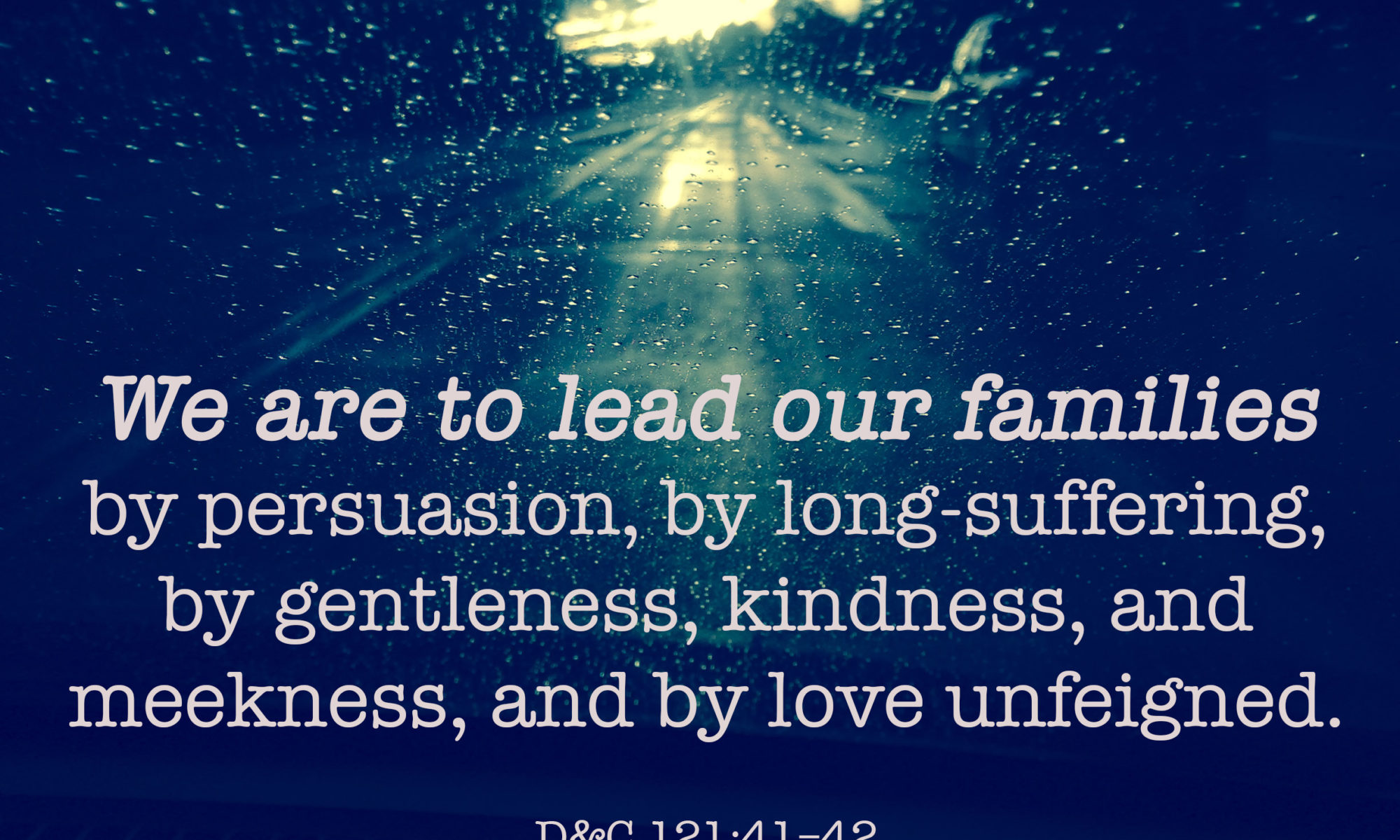So there’s a chance you might experience a perpetual problem within your marriage. A 69% chance to be more exact. According to John Gottman, there are two kinds of problems that plague a marriage, solvable problems and perpetual ones. Solvable problems are centered around a specific dilemma or circumstance. These types of squabbles can certainly be frustrating, but they can be worked through, like when one spouse leaves the toothpaste lid off, or squeezes the tube from the middle instead of the bottom.
Unfortunately perpetual problems, the larger percentage of marital conflicts, can last as long as the marriage does. These are the types of difficulties couples will be arguing about for years to come. However, both types of problems are present in every marriage and that doesn’t mean a couple can’t have a happy marriage, it just means they have the opportunity to learn and grow through these challenges just like everybody else. A happy marriage isn’t the absence of these problems; it’s the dynamic way a couple deals with them. When couples intuitively understand that conflicts are inevitable, they recognize as Psychologist Dan Wile said in his book, After the Honeymoon: “When choosing a long-term partner… you will inevitably be choosing a particular set of unsolvable problems that you’ll be grappling with for the next ten, twenty, or fifty years.” It doesn’t matter who you pick, you are picking a set of problems! If you decide to turn in your marriage for a “better” one the next time around, you may be unpleasantly surprised to find you simply have a different set of problems to deal with.
Often it’s our expectations going into marriage that need to be adjusted. H. Wallace Goddard writes in his book, Drawing Heaven into Your Marriage, “No partner on the face of the earth can meet all our needs. In mortality, we will live with disappointment. We can dwell on our discontent or we can celebrate the points of connection. Brother Kent Brooks of the BYU faculty of Church History and Doctrine observed: “Our capacity to love a spouse deeply and our ability to experience great joy in marriage are commensurate with the degree to which we are willing to suffer and hurt, to labor and toil, and to persevere through moments of unhappiness, stress, disappointment, and tests of our patience and love for our partners.” This certainly is where the term “for better or for worse” applies.
Two of the most basic principles we can apply to our relationships in effort to create happiness and contentment are, first, to simply be consistently gentle with one another, and second, to never surrender self-control by yielding to the harmful forces of anger. Anger is a choice. We choose it. It is destructive. It damages every relationship it is unleashed upon. Anger can be described as the beast within, and it is best kept on a leash. It becomes profoundly more difficult to put anger back on the leash once loosed, and the wake of damage it leaves behind is hard to forget. A flash of anger is the catalyst to spewing ugly words that hurt. Words mean things. Once said, words can never be taken back.
Llewelyn R. McKay has said, “Let husband and wife never speak in loud tones to each other, ‘unless the house is on fire’ ” (Stepping Stones to an Abundant Life, comp. [1971], 294). Elder Lynn G. Robbins of the Seventy takes it even further, with his challenge, “We can choose not to become angry. And we can make that choice today, right now: “I will never become angry again.” Ponder this resolution.” It’s a hefty challenge, but one worthy of working towards.
The big question is, are we gentle and kind with one another? Or do we save that face for all the people who don’t really matter? It’s a valid question worth evaluating. The scriptures say it best. As quoted by Elder Lynn G. Romney, “We are to lead our families by persuasion, by long-suffering, by gentleness, kindness, and meekness, and by love unfeigned (see D&C 121:41–42).” Otherwise, we are simply reducing ourselves by becoming a tool of the adversary in stirring up contention. While we stew, he laughs. Mission accomplished. The adversary will do everything in his power to drive a wedge between you and your spouse. Never let the adversary win.
Marriage is delicate. Life is too long to spend the length of it being harsh with the ones you love. Living a higher law means being gentle, being patient, being kind. When you look back on your life in the end, you will never regret being remembered as the nice one.

